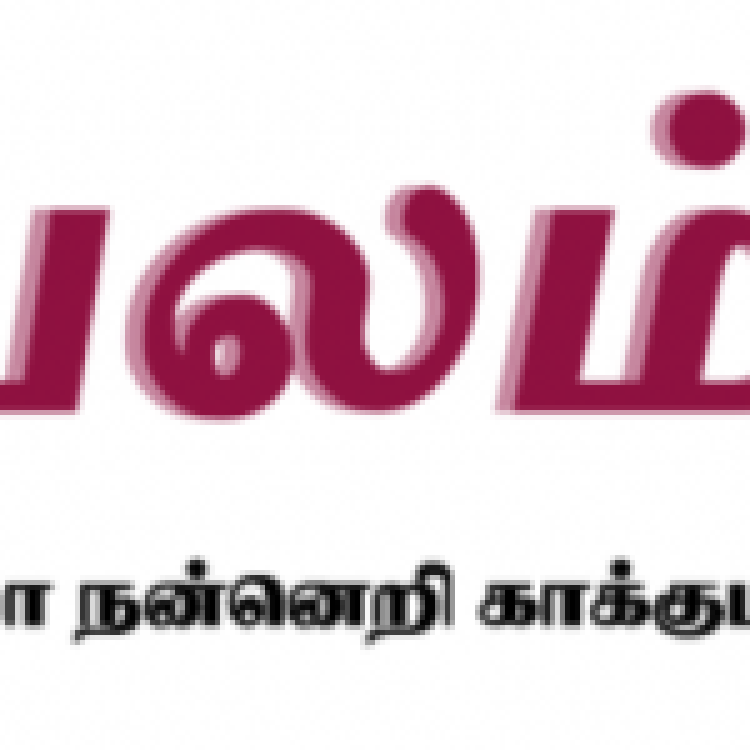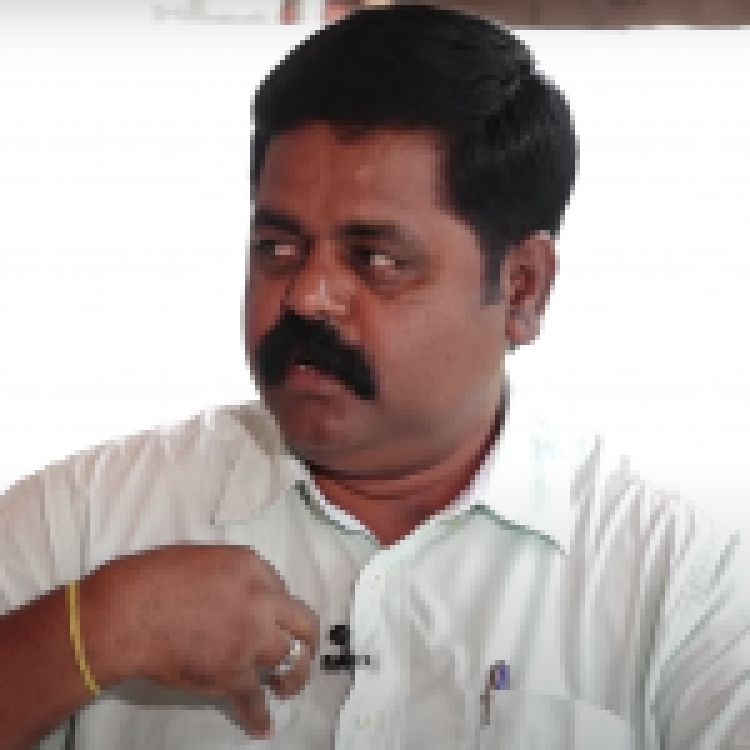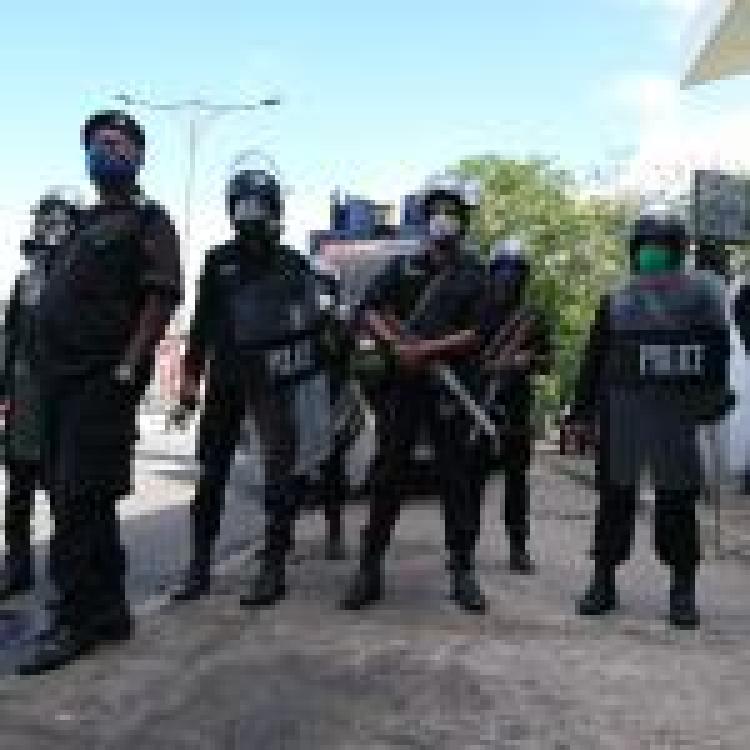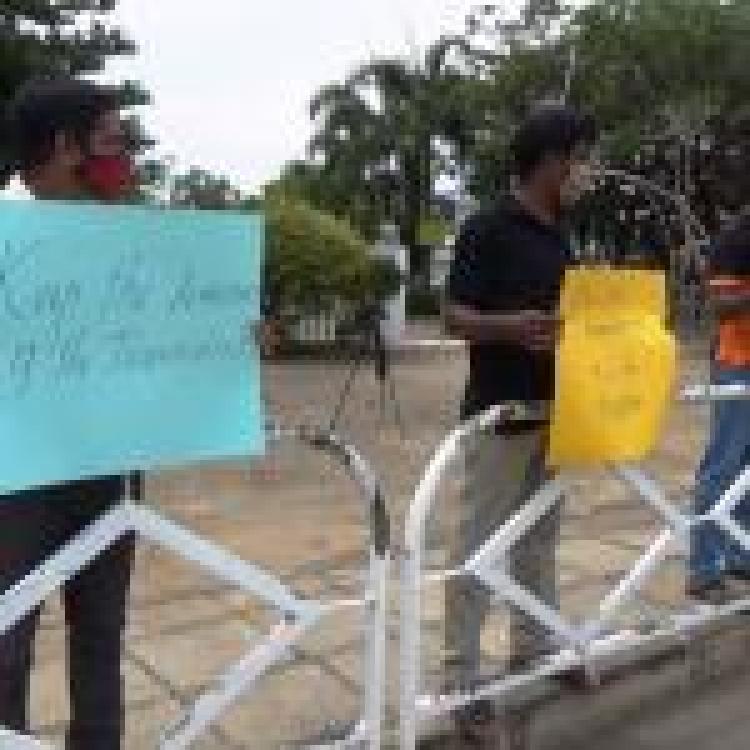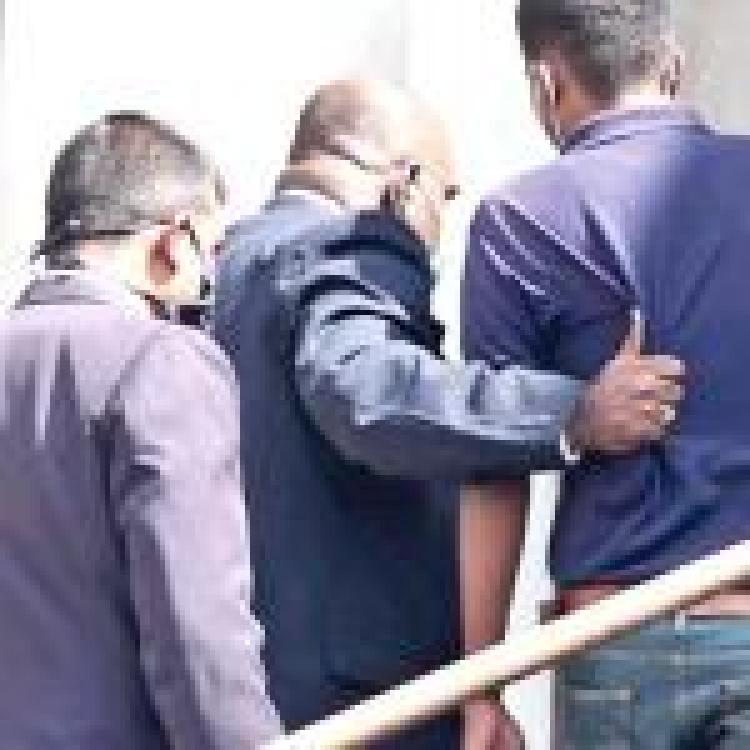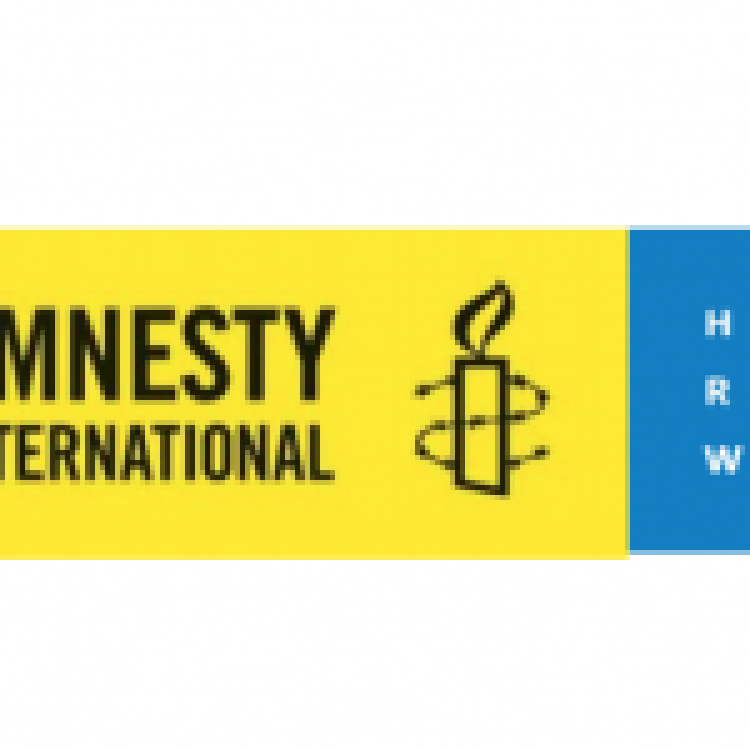
Photo of journalist Dharisha Bastians
UN Special Rapporteurs on freedom of expression; extrajudicial executions; peaceful assembly; human rights defenders; and privacy; have released a statement expressing alarm over the targeted harassment of journalist Dharisha Bastians.
In their statement, they further specify a particular concern that the harassment she has suffered by Sri Lanka’s security services is “aimed at discrediting her work, in an effort to stop her reporting on Sri Lankan political and human rights affairs” as well as deterring other journalists.
Bastians is an experienced journalist and human rights defender who has previously worked as the Editor in Chief of the Sunday Observer and as a reporter for the New York Times. Throughout her career, she has reported on serious human rights violations in Sri Lanka including extrajudicial killings, political corruption and issues of impunity and democratic rights. Her notable works include reporting on the murder of The Sunday Leader Editor Lasantha Wickrematunge in 2009 as well as the abduction and murder of 11 young Tamil men by Sri Lankan Navy personnel during 2008-2009. The UN note in their statement that;
“These cases which remain unresolved, have implicated high ranking members of the present Sri Lankan Government, and perpetrators remain at large”.
Harassment of Bastians
In their statement, the UN Special Rapporteurs document various raids on her house and of her property by the Criminal Investigations Department (CID), in relation to her reporting.
On 9 June 2020, CID officials raided her home in Colombo and seized her personal belongings and computer. The raid was alleged to have been conducted in relations to ongoing investigations over the alleged abduction of a Swiss embassy staffer in Colombo in November 2019. The UN Special Rapporteurs note that, since December 2019, the CID has attempted to link Bastians and others to this inquiry and alleged some sort of involvement in the abduction, a secondary court hearing was scheduled for 21 July 2020.
They further document other raids by the CID such as on 29 May and 4 June, where CID failed to produce a warrant for their raid and their attempt to seize her personal computer. The CID also obtained Call Data Records without a cord order and after scrutinising the records, exposed the information. This poses a serious concern, the UN Special Rapporteurs explain, as it could “seriously endanger and compromise her sources”.
The UN Special Rapporteurs also comments on how close and relatives have been affected by this harassment. In December 2019, the statement notes, a close associate of Bastians was called in for questioning by the CID relating to the phone/sim card Bastians was using since 2011. They further state that Bastians’ husband, a diplomat of 13 years for Sri Lanka’s Ministry of Foreign Affairs was recalled to Colombo following authorities linking Bastians name to a “criminal investigation involving the employee of the Swiss”. He has since been dismissed from his service.
On 21 June, a member of Bastians family was called to appear in court relating to the abduction case of the employee of the Swiss Embassy.
Smear campaign
The statement also specifies that in recent months, Bastians’ family has received repeat visits from the police whilst pro-government media has repeatedly attacked her and her family on social media and have labelled her “a traitor and a criminal”.
The statement further notes that supporters and family members of the Rajapaksa have similarly attacked her as a traitor and threatened legal action against her. This threat relates to an article she contributed to regarding Chinese ownership of a harbour in the south of Sri Lanka.
Conclusion
In concluding their statement, the UN Special Rapporteurs emphasises that those party to the International Covenant on Civil and Political Rights (ICCPR), to which Sri Lanka acceded in 1980, need to safeguard freedom of expression and journalism. They further state that any restrictions must be “provided by law and be necessary and proportionate to the aim pursued”.
Read the full statement here.

